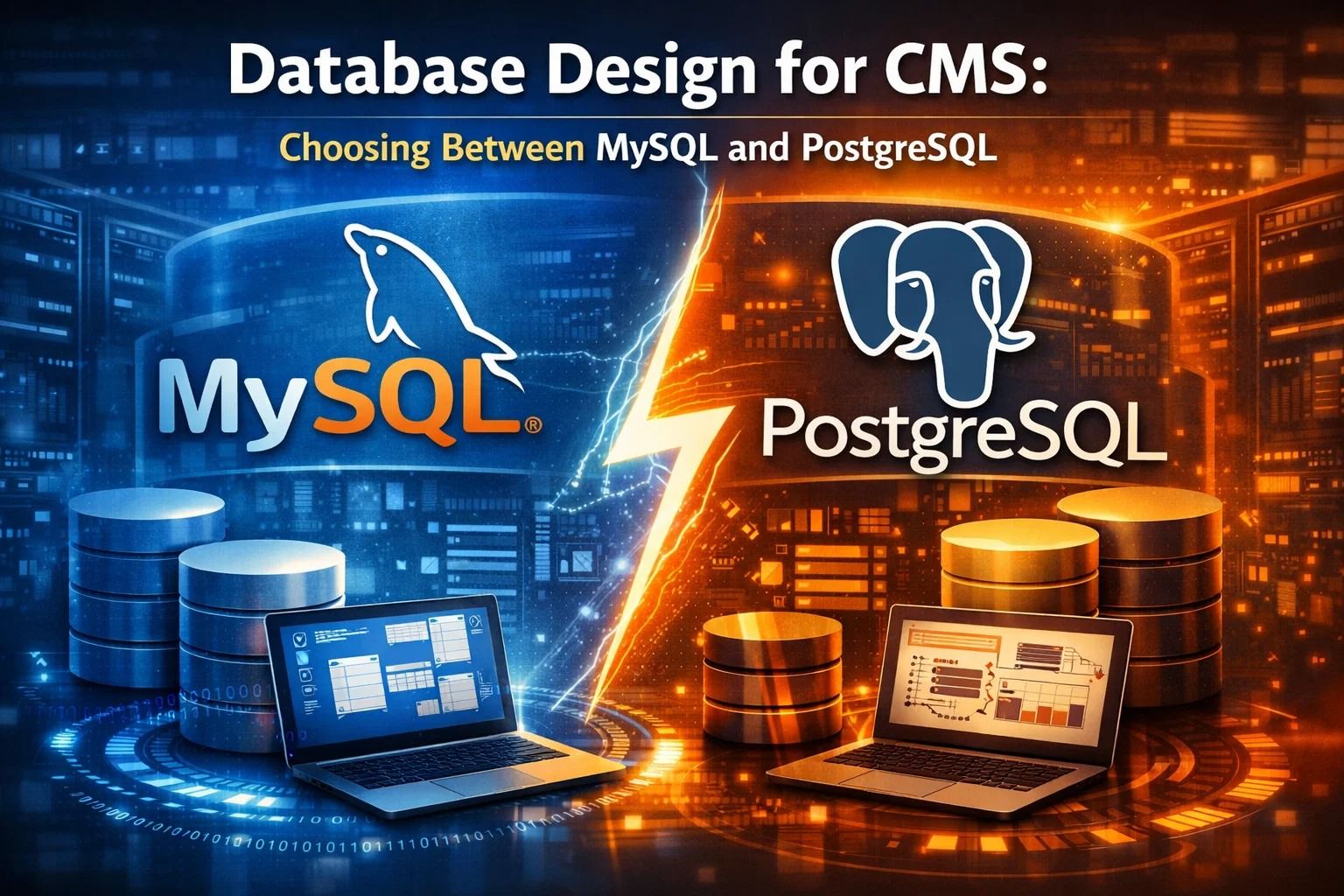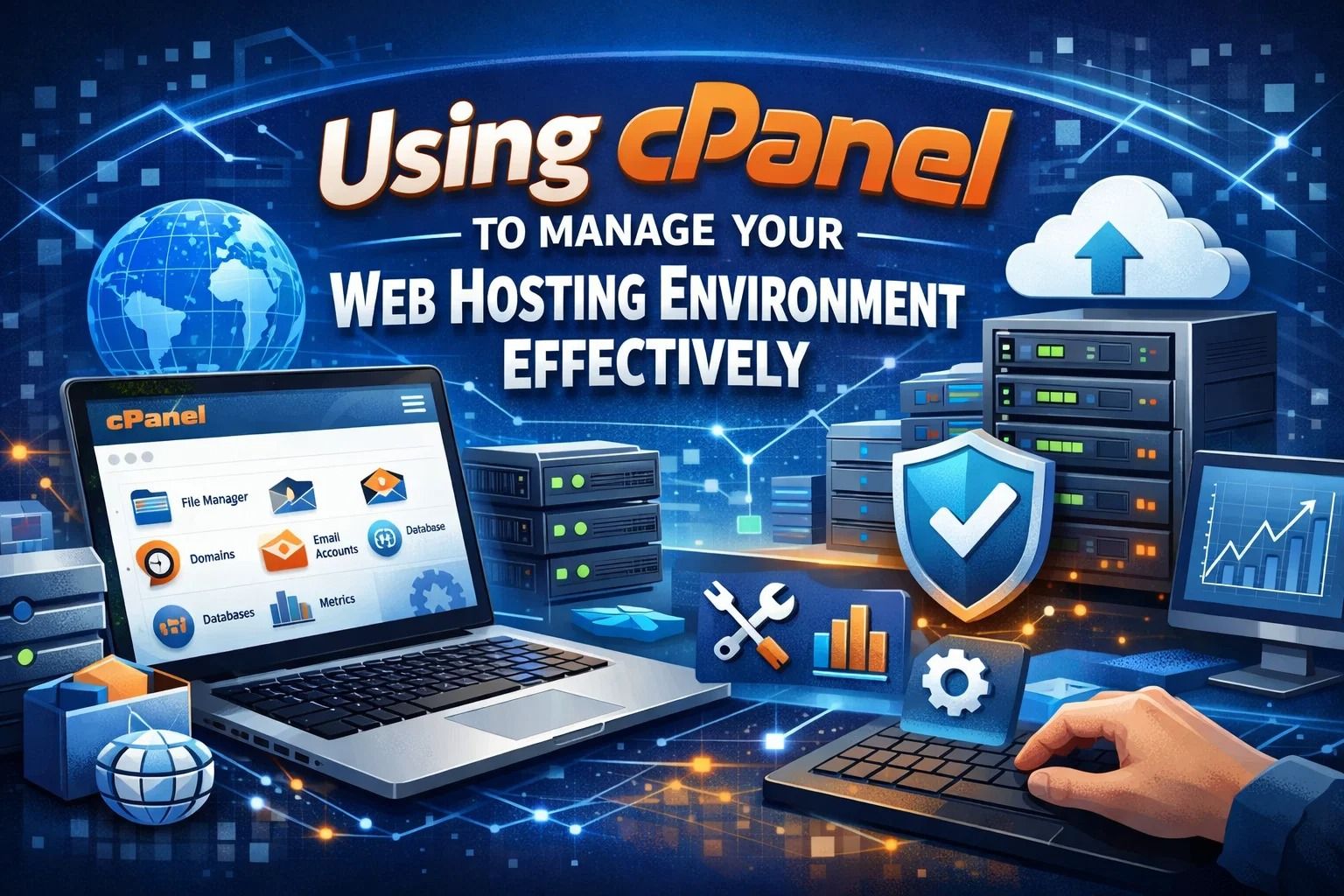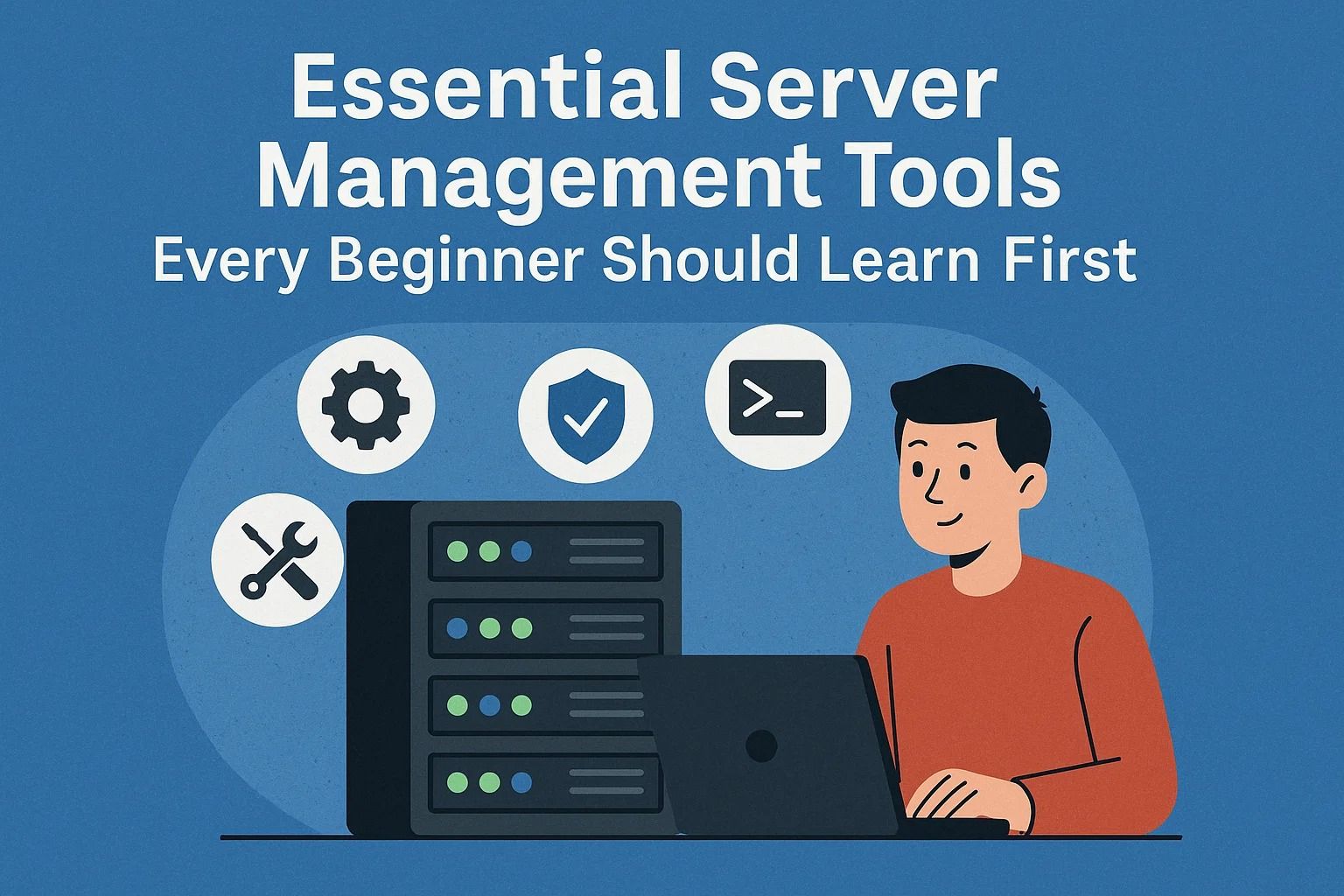
VPS Hosting vs. Cloud Hosting: Choosing the Best Option for 2025
VPS Hosting and Cloud Hosting: A Primer
The web hosting landscape has changed dramatically over the last ten years. In 2025, the two most talked-about technologies are VPS Hosting and Cloud Hosting. Both offer greater flexibility and control than a shared hosting environment, but their methodologies and the benefits they provide businesses are considerably different. Choosing between them can directly influence your site’s performance, scalability, and long-term financial commitment.
What is VPS Hosting?
A Virtual Private Server is a single physical server compartmentalized into multiple virtual environments. Each VPS acts as a dedicated, mini-server, along with its share of processor (CPU), memory (RAM), and storage space. Unlike shared hosting plans, the available resources on a VPS won’t be affected to any great degree by other users, thereby providing a website owner greater consistency and control.
- Dedicated resources (RAM, CPU, storage) on a shared server.
- Root access and full control over software environment.
- More affordable than a dedicated server.
Benefits of VPS Hosting
VPS hosting offers an optimal web hosting solution for businesses that have outgrown shared hosting **but aren’t quite ready for the independence of the cloud**. It strikes a good balance between stability and predictability in pricing, making it a choice of many businesses in the SMB (small-to-medium-sized business) space.
What is Cloud Hosting?
Cloud Hosting is a different kind of approach that pools available resources across units. Rather than running on a single physical machine, your site is hosted on a web of multiple machines that can scale up-and-down in terms of provisioning resources as needed. This makes it an extremely flexible choice for businesses that anticipate ever-changing traffic patterns.
- Scalable resources across multiple units.
- Larger uptime and redundancy from unit failures.
- Pay-as-you-go pricing based on actual usage.
The Benefits of Cloud Hosting
Cloud hosting is most effective when scale and reliable uptime are the priorities. It’s the service of choice for the enterprise, SaaS providers, and growing eCommerce businesses that need to adjust their workloads in such a way that it’s cost-prohibitive to do so on a single machine.
If you're still exploring options beyond entry-level hosting solutions, you may want to check out our detailed write-up on Hosting vs. VPS, a potentially useful precursor to understanding why businesses often migrate to VPS environments, then later to cloud solutions, as they mature.
Performance: VPS vs Cloud Hosting
Performance is often the very first factor businesses consider when selecting a hosting solution. VPS hosting typically provides consistent performance, as you have dedicated resources; however, you are still restricted by the underlying hardware of the machine. Outdated or overloaded hardware can affect your speed.
On the other hand, cloud hosting uses multiple servers to balance loads. This not only mitigates the chance of downtime, but performance can also scale up or down as your traffic grows. For unpredictable traffic spikes, the cloud generally comes out on top.
Scalability: How Each Option Evolves
Another major difference between VPS and cloud hosting is scalability. VPS plans generally offer the option to upgrade, but the upgrades are limited to the machine's capacity. As your project develops, you may need to migrate to a more powerful server.
With cloud hosting, scalability is practically unlimited. You can up or downscale CPU, RAM, and storage almost instantly, often without even experiencing downtime. Cloud hosting is therefore the ideal choice for startups, SaaS companies, or online stores with rapid growth.
- VPS: Incremental upgrades, limited by hardware.
- Cloud: Real-time, flexible resource allocation.
Cost: Which Type is Cheaper?
VPS is typically cheaper because pricing is based on fixed resources. You pay a flat monthly fee for a fixed number of CPUs, RAM, and storage. This is great for businesses with a relatively stable traffic profile and clear hosting needs.
Cloud hosting typically has a pay-as-you-go pricing scheme. This can be cost-effective businesses with seasonal or fluctuating demand patterns, but it can also lead to unpredictable costs if your traffic fluctuates wildly, especially if you are not keeping a close eye on your resource usage.
| Feature | VPS Hosting | Cloud Hosting |
|---|---|---|
| Pricing Model | Fixed monthly price | Pay-as-you-go |
| Predictability | Stable, easy to budget | Variable, based on usage |
| Best for | Steady traffic websites | Fluctuating or scaling businesses |
Security: Which Type is Safer?
Security is a key concern in 2025, especially with more sophisticated cyberattacks out there. VPS hosting gives you more control over the firewall, operating system, and applications installed, which can be a major boon for businesses that need to ensure compliance.
Cloud hosting also offers strong security, but with resources spread out over multiple machines, it requires advanced cloud configurations to stay fully secure. Top services sometimes include built-in DDoS protection and data redundancy, which lowers the risk of single points of failure.
Security Tip
No matter which option you choose, two-factor authentication, SSL certificates, and regular backups are essential for keeping your business data safe.
Management & Ease of Use
Managing a VPS needs you to possess more technical know-how. If you choose an unmanaged plan, you’ll be responsible for updates, security, and software installation and configuration. Managed VPS hosting is also available, but it comes with additional costs.
Cloud hosting plans generally provide more user-friendly dashboards and automated server management processes. Many platforms allow you to scale resources, run backups, and assets with a few clicks, making infrastructure management much easier for non-technical teams.
- VPS: More control, but requires technical skills.
- Cloud: Easy management with automation.
To further explore management options, check out our article on Shared Hosting Pros and Cons, which outlines how hosting complexity evolves from shared to VPS and eventually to cloud.
Pricing Models and When to Choose Each
Cost is one of the most significant factors when choosing a web host, whether that's a VPS or cloud hosting. VPS hosting usually has a set monthly price, which makes budgeting simpler. Cloud hosting, in contrast, is typically pay-per-use, meaning you pay according to your resource measure. That can be a cost-effective choice when your traffic is variable, but it can quickly add up if your usage is consistently high.
💡 Cost Comparison
- VPS Hosting: Fixed costs, predictable monthly pricing.
- Cloud Hosting: Consumption-based pricing, potentially more expensive for heavy use.
Cloud hosting gives businesses, particularly startups that may grow rapidly, the scalability to manage unexpected jumps in site traffic without the fear of downtime. For smaller businesses or personal projects with consistent traffic, VPS hosting can be more economical and less risky.
When you make your decision, it also helps to examine the differences between types of hosting to find the most appropriate solution for your long-term needs.
👉 Select VPS if you prefer and dedicated performance.
👉Select Cloud if you need or high availability.
To sum up, VPS works well for projects with underlying constant requirements and set budgets, while Cloud is a more appropriate choice for businesses with variable workloads that value uptime and resilience.

















